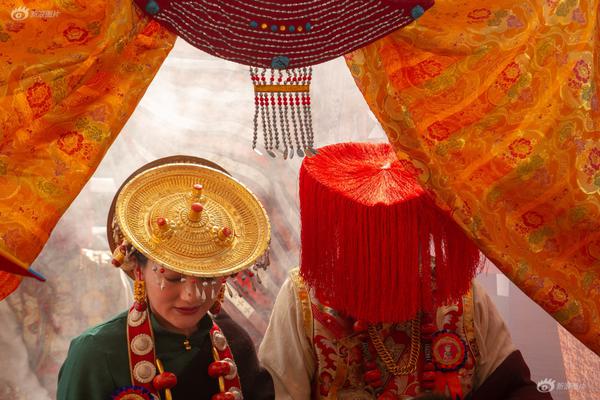# 我国古代对富商的称呼是什么
中国古代历史悠久,文化底蕴深厚。富商作为社会经济的重要参与者,他们的称呼也反映了当时的社会风貌和人们对财富的认知。本文将带您了解我国古代对富商的不同称呼及其背后的意义。

## 一、典型称呼及其含义

在我国古代,富商并不是单一的称呼,而是根据不同的时代背景和地域差异,出现了多种称谓。以下是一些主要的称呼:

### 1. 大商
“大商”是对富有商人的直接称呼,通常用于那些拥有大规模商业活动和丰富财富的人群。这一称谓不仅强调了经济实力,也体现了商人在社会中的重要地位。
### 2. 甄士
在某些地区,尤其是南方,富商被称为“甄士”。这个名字常用于字面上指代“税收”,表明他们在税收上贡献巨大,同时也代表了社会的财富。
### 3. 有产阶级
在传统社会中,富商往往被视为“有产阶级”。这个词语强调了他们的财富和社会地位,也隐含着对他们身份的某种认可与尊重。
### 4. 茶商、盐商等特殊称呼
根据不同的行业,富商有时也会被称为“茶商”、“盐商”等。这些称呼不仅表明了他们的职业特点,也代表了他们在特定领域内的影响力。
## 二、称呼背后的文化意义
古代对富商的称呼,往往与经济文化、社会结构及阶层流动相关。我们可以从以下几个方面理解这些称呼的文化意义。
### 1. 商业的地位提升
古代随着商业的发展,富商的地位逐渐上升,称呼的多样化也说明了社会对商业活动的认可。由此可见,经济成为推动社会发展的重要力量。
### 2. 社会阶层的流动
富商的称谓变化,反映出社会阶层的流动性,也表现了在传统儒家文化影响下,社会对财富和地位的看法逐渐开放。
## 三、总结
在我国古代,富商的称呼多样,反映了社会对财富的认知、尊重与期待。从“大商”到“有产阶级”,再到行业特称,这些称谓不仅是身份的体现,也是时代的印记。通过理解这些称呼,我们能够更深刻地领悟中国传统文化及其发展变迁。
希望这篇文章能够帮助您更好地理解我国古代对富商的称呼及其背后的文化内涵。如需了解更多古代文化知识,欢迎继续关注!